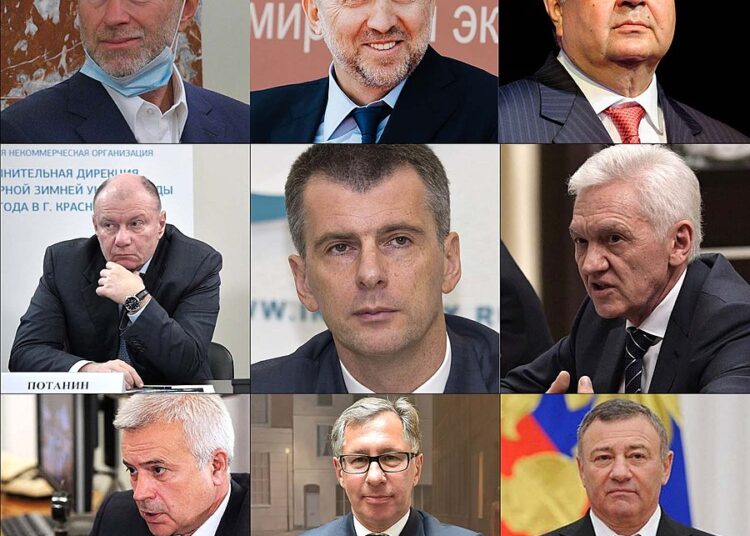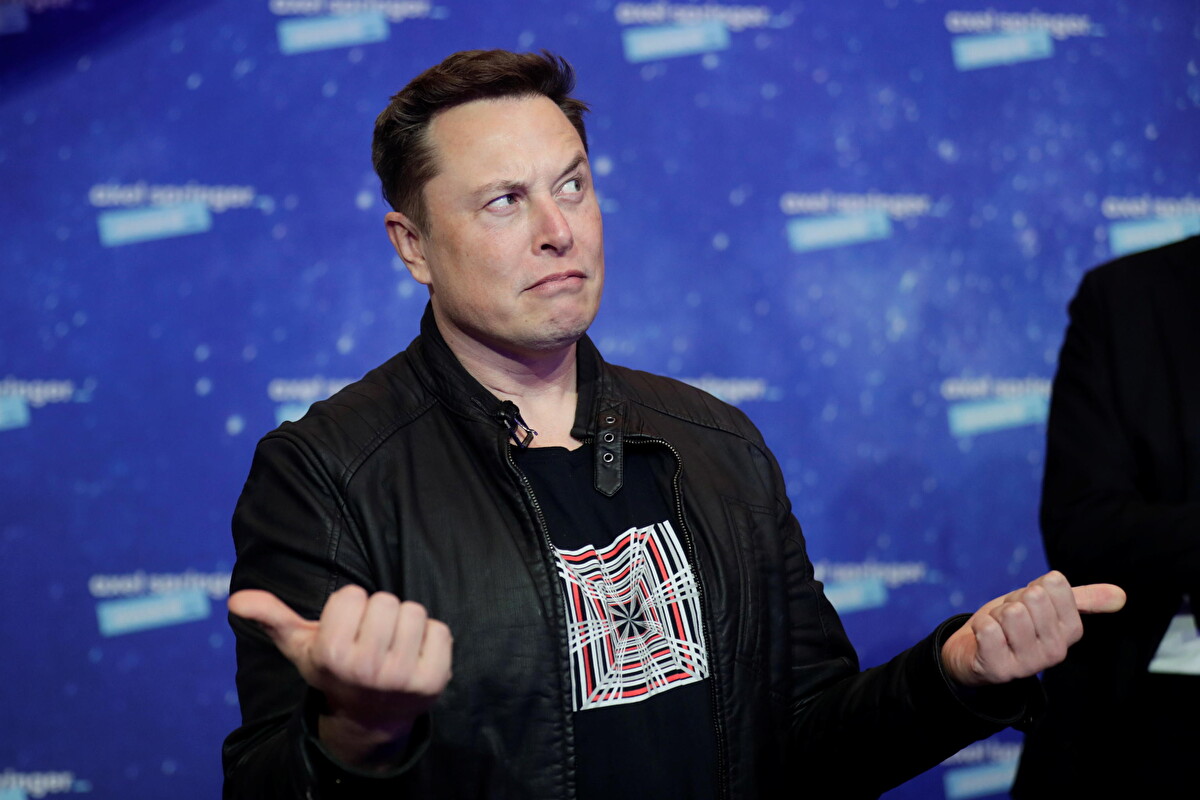First of all, what is a “golden passport.” Not too many people are familiar with it, but plenty of companies and so-called “investors” have vied for it. What is so unique about these documents? And further, what could make a passport so controversial?
Golden Passports, formally known as citizenship by investment (CBI) programs, allow wealthy foreigners to receive citizenship in exchange for investing a certain amount of money in a country, often by purchasing real estate.
Only the wealthiest of individuals can get one of these coveted documents. They come from the European Union, the United Kingdom, and other nations at a price of between $112,000 to over $5.5 million.
The price, which is called an “investment,” differs according to the country providing it. The passport is known for providing residency and citizenship to those who purchase it.
This is where the danger comes in for a country that distributes the Golden Passport. While they are gaining income from these “investors,” they are also allowing criminals into the country. Many of the millionaires and billionaires who want this kind of passport are trying to escape crimes. Equally, attempting to evade tax evasion, they can then avoid their money laundering trails.
In a lengthy article, Forbes explained some of the legal issues with a Golden Passport. It notes that its chief attraction for firms that have it is that it creates growth within the company of as much as 70%.
However, in early 2019 the EU Commission made EU states crack down on sales of the passports. According to the BBC, 20 countries within the European Union offered such schemes. Nations like Luxembourg and Slovakia were charging millions for Golden Passports.

In recent years, countries including Bulgaria and Cyprus, have shut down their golden passport programs following accusations of corruption and pressure from the European Union. But it is Russia’s invasion of Ukraine and the West’s sanctions on Russian oligarchs that spurred a further crackdown on the world’s few remaining citizenship by investment schemes. The European parliament estimates that Russian nationals account for about half of approved golden passport applications in the EU.
Until this February, the UK offered permanent residency visas to foreigners who invested at least $2.6 million in the country. Since its introduction in 2008, many Russians have purchased multi-million dollar homes to qualify for the program. London’s Eaton Square, an exclusive garden estate, has since earned the nickname “Red Square” because so many of its residents are Russian billionaires. Those lavish mansions frequently remain empty. An article in The New Yorker, explains that “Putin’s Russian Oligarchs Bought London.”
“They’re a weak link through which to gain admittance into the EU,” Peter Spiro, the Charles Weiner Chair in international law at Temple University and leading expert in dual-citizenship, told Insider. “The concern is that unsavory and possibly criminal individuals will secure EU passports, which then entitles them to mobility and settlement rights.”
Today, Malta, a small island nation located in the central Mediterranean between Italy and North Africa, is the only EU member state left that has a commodified citizenship program. After Malta refused to shut it down, the European Commission referred the country’s government to the EU Court of Justice, arguing that the scheme poses a security risk for the entire union. Government officials view golden passports as a weak spot in the EU’s armor.
For the very rich — especially citizens of countries at war or hit by sanctions — collecting extra passports is “a kind of insurance”.
But in addition to the comprehensive security risks that the scheme creates, it also adversely affects the local economy and the cost of living: foreigners buying pricey real estate (without the intention of living there) can bump up the local cost of living and housing, thereby directly impacting individuals as well.












